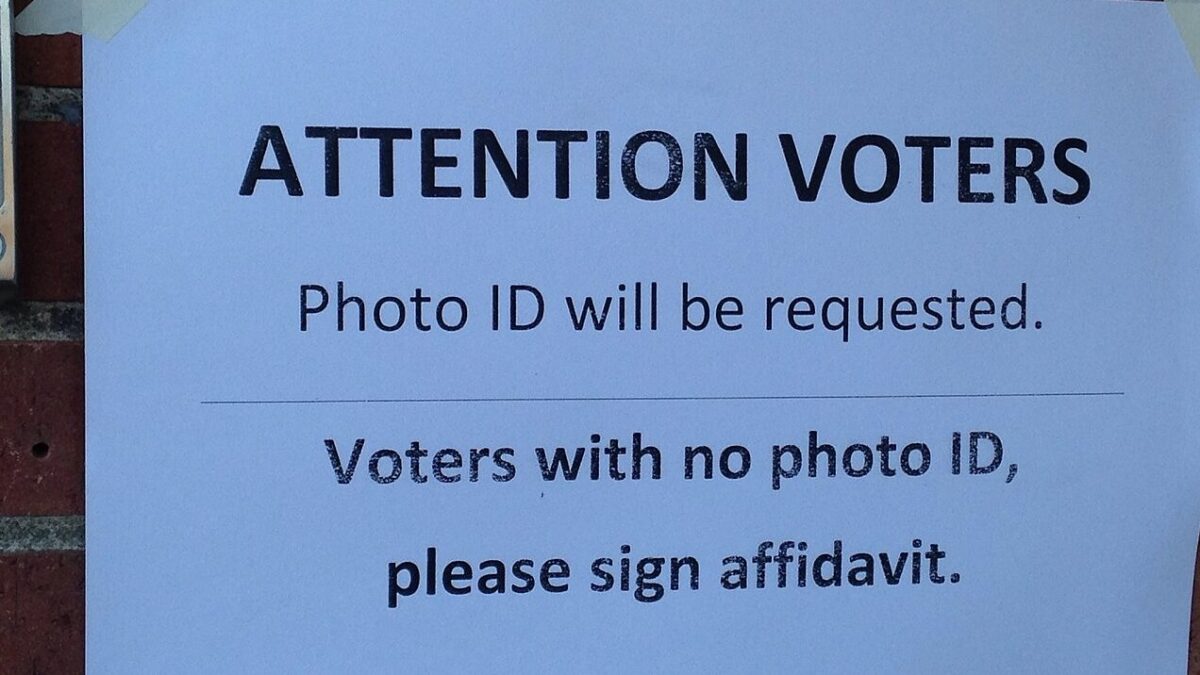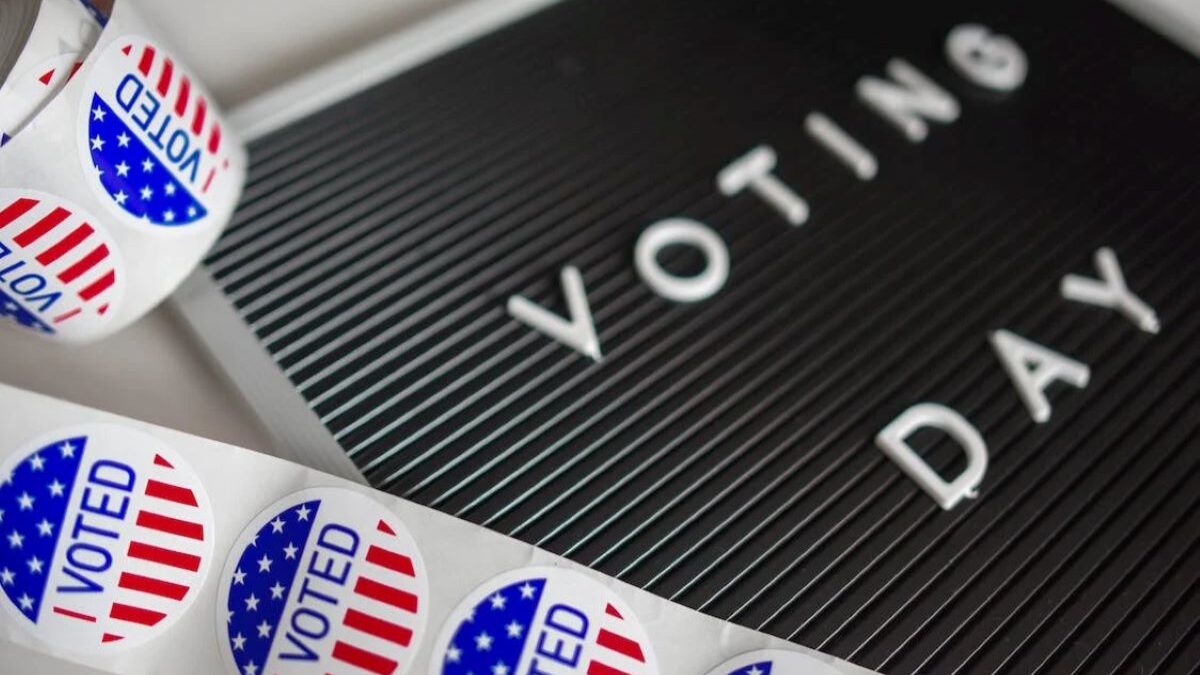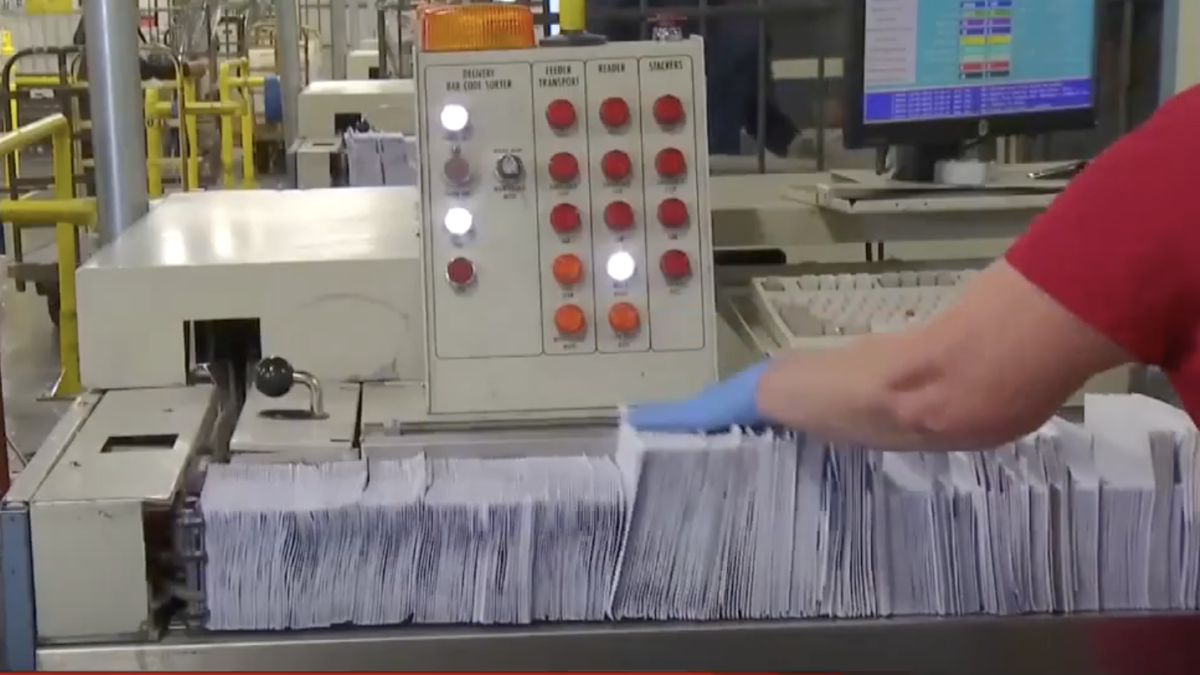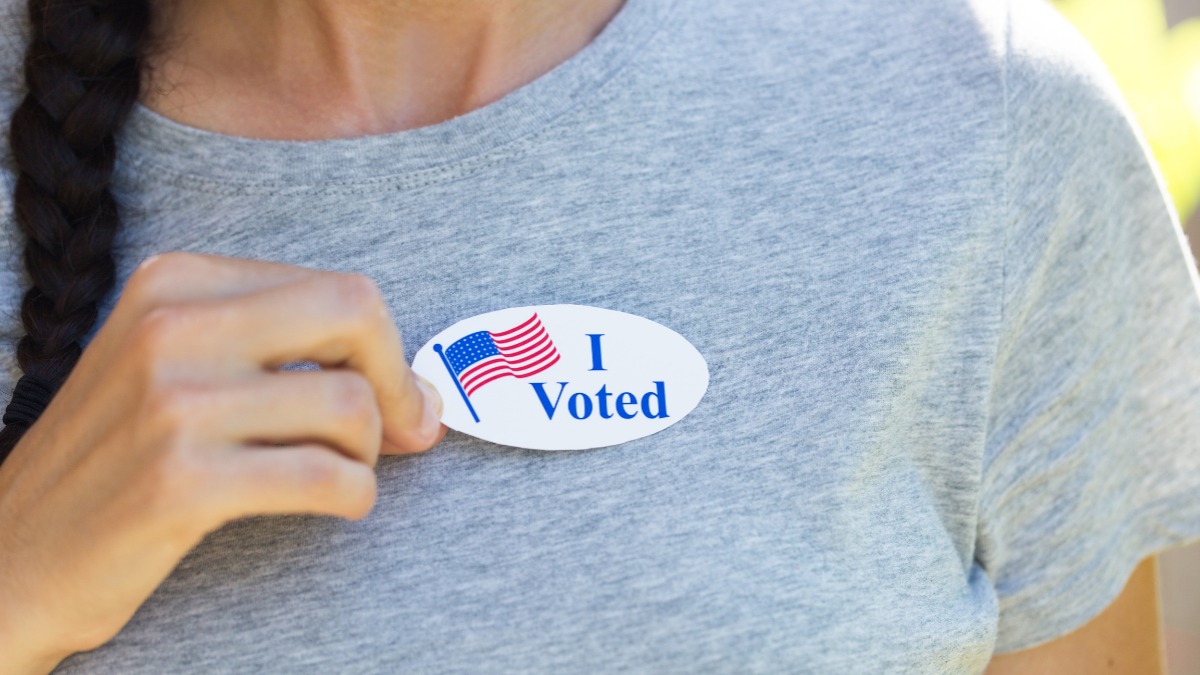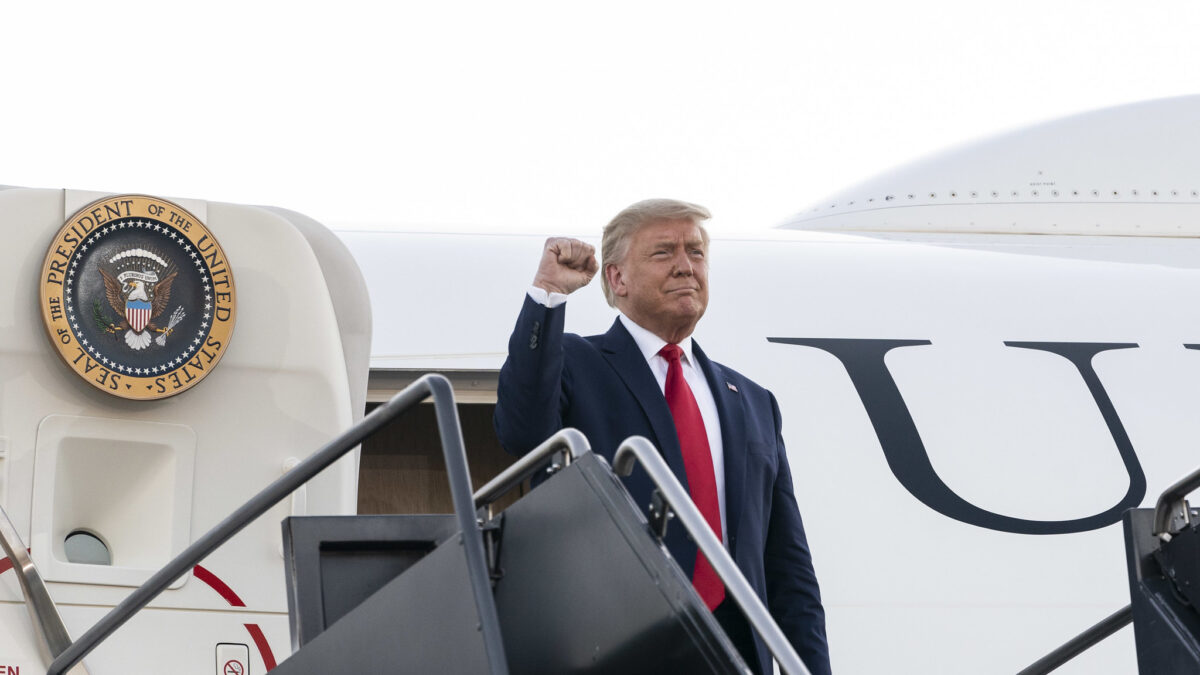North Carolinians who didn’t present a photo ID when voting during the presidential primary last week were still permitted to cast a ballot, thanks to exceptions that Soros-backed groups supported including in the state’s voter ID law.
On March 5, more than 1.7 million North Carolina voters were asked to show a photo ID to vote in the presidential primary, in the first major election since the law went into effect. Most of those voters appeared to successfully present an ID and cast a ballot.
Still, according to preliminary counts, more than 1,000 voters cast what is known as a “provisional ballot” due to “ID not provided,” according to the state’s election board (NCSBE). Of those more than 1,000 voters, 546 later returned to show their IDs. But another 607 voters never showed a photo ID, instead simply signing a form claiming that a “reasonable impediment” prevented them from presenting an ID.
The Law Doesn’t Actually Compel Voters to Show Photo ID
The North Carolina general assembly initially passed a series of election-related laws in 2013. After facing legal challenges to the voter ID requirement, the state legislature presented a revised voter ID law in 2015 that included the “reasonable impediment” exception, but the U.S. Court of Appeals for the 4th Circuit nevertheless struck down the voter ID requirement in 2016.
Republicans spent the next several years fighting in the courts to pass some type of voter ID laws while North Carolinians voted in 2018 to approve a state constitutional amendment establishing a photo ID requirement.
Most recently, the North Carolina Supreme Court — which had flipped from a Democrat-majority to a Republican-majority — overturned a past decision by the same court and thus permitted the photo ID requirement to go into effect.
The current version says that a voter who does not present a photo ID due to a “reasonable impediment” may still cast a provisional ballot so long as he provides “a current utility bill, bank statement, government check, paycheck, or other government document,” his voter registration card, or the last four digits of his Social Security number and birth date.
If a voter still fails to present any of those documents, the law says he can simply complete a declaration stating that he is who he says he is — aka the “honor system.” He must also designate on the form that a “reasonable impediment” — such as disability or illness, lack of transportation, lack of birth certificate or other documents needed to obtain a photo ID, work schedule, or family responsibilities — has prevented him from providing an ID. Other acceptable reasons include a voter having lost his ID or simply “not know[ing] photo ID was required for voting.”
The ID exception form is also accepted for mail-in voters who cannot include a copy of their photo ID with their ballots, according to voting instructions posted by the Mecklenburg County government.
‘Nobody Will Be Turned Away’
Thirty-six other states currently mandate some form of voter ID, but Republicans who have worked on election integrity efforts say North Carolina’s law is the “weakest” of them all.
“You can literally put any kind of excuse you want on the ‘Reasonable Impediment’ form and be given a ballot. It’s not hard at all to vote,” Chairman of the Lee County Republican Party James Womack told The Federalist.
“This ‘Reasonable Impediment’ thing is really a weakness in the law, it’s the weakest voter ID law in the country when you consider almost anyone can walk in and say ‘Oh, I lost my ID’ and cast a provisional ballot,” Womack continued. “They really didn’t make an attempt this year, in Senate Bill 747, to update anything that was in the case of ‘Reasonable Impediment.'”
Executive Director of Voter Integrity Project of North Carolina Jay DeLancy wrote in 2015 after an earlier, similar version of the law was passed that it was a “stunning betrayal” to all state residents who wanted to see “real voter ID” laws. DeLancy said at the time that, while he did not believe Republicans in the legislature purposely gutted the photo ID provisions, “their inexperience in election fraud analysis leads them to believe the new loophole ‘won’t be a big deal’ in our state.”
Provisional ballots can theoretically be rejected, but those cast based on a “reasonable impediment” to providing voter ID can only be rejected if a county elections board unanimously finds that the information a voter gives in the ID exception form is false. It’s unclear, however, how a county board would be able to discern whether a person’s claimed impediment to obtaining an ID is genuine. Besides, Womack noted these voters likely wouldn’t be rejected due to a fear that lawsuits would be lodged alleging voter suppression.
“What they did, this law, neuters the ability of the board to reject those ballots no matter how ridiculous the excuse is that the voter uses,” DeLancy told The Federalist. “It defies common sense.”
DeLancy told The Federalist he believes Republicans in the legislature thought they would be “clever” and include the “reasonable impediment” provision as a way to avoid having the voter ID law tossed. Similarly, Womack speculated that then-House Rules Chairman Rep. David Lewis included the last-minute “compromise language” to alleviate concerns from the left that there would be an “undue burden on people who didn’t have photo ID.”
Womack said the provision likely didn’t get much attention since the legislation got stuck in the courts for years but argued that now that it has gone into effect “people are starting to expose its weaknesses.”
“There’s all kinds of excuses you can put on the form and you’ll still be granted the right to vote, nobody will be turned away,” he added.
DeLancy said the provision should be fixed ahead of November’s election “or else” it leaves the door open for potential abuse.
Soros-Linked Group Cheered ‘Reasonable Impediment’ Exception
When North Carolina’s 2013 law was challenged in court shortly after it was signed, the leftist groups behind the legal fight included the NAACP and the Advancement Project.
The Advancement Project had received nearly $4 million between 1999 and 2012 from the Soros-funded Open Society Project. The Foundation to Promote Open Society contributed more than half a million to the Advancement Project between 2009 and 2012, according to Influence Watch.
Later suits targeting the law were brought by other election-interference groups like the ACLU.
When Republicans proposed a revision adding the “reasonable impediment” exception to the law in 2015, the Soros-backed group Democracy North Carolina spent weeks “encouraging hundreds of citizens to attend and speak out” at hearings regarding the legislation, and celebrated the inclusion of the “reasonable impediment” provision.
This article has been updated since publication.
